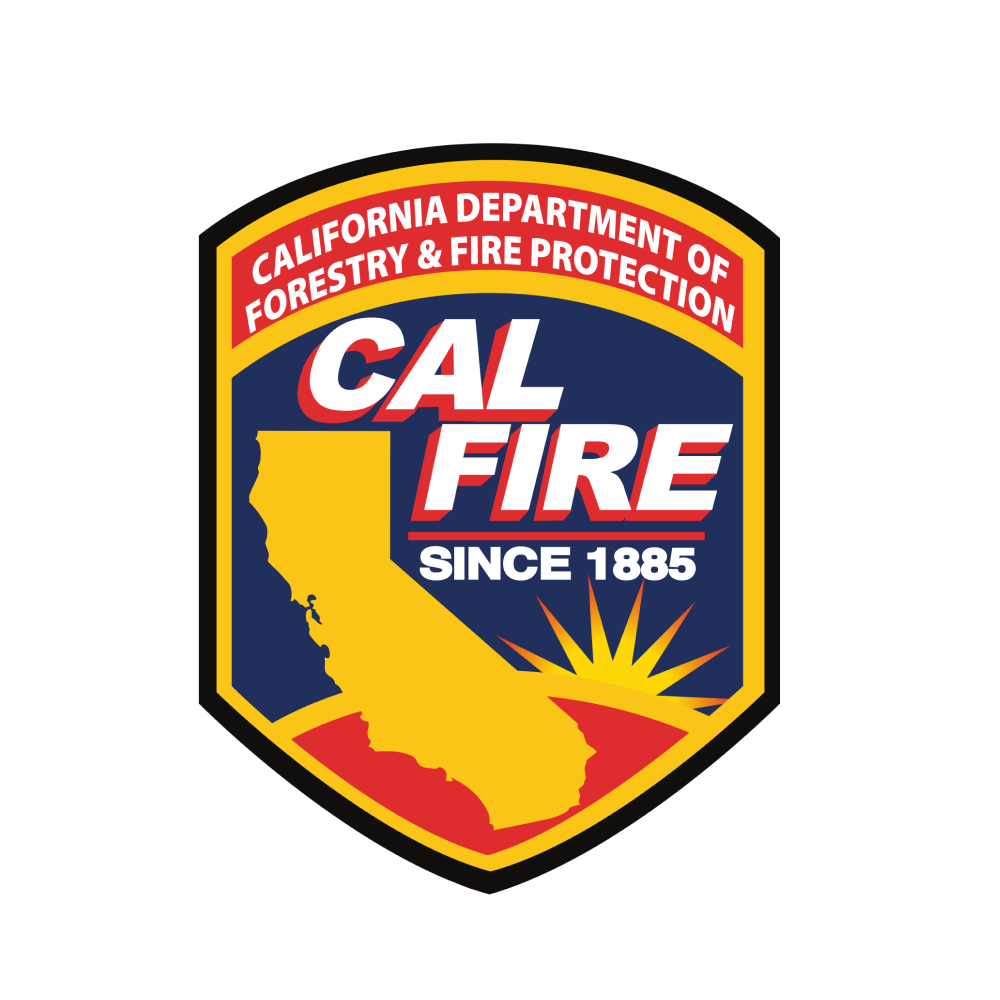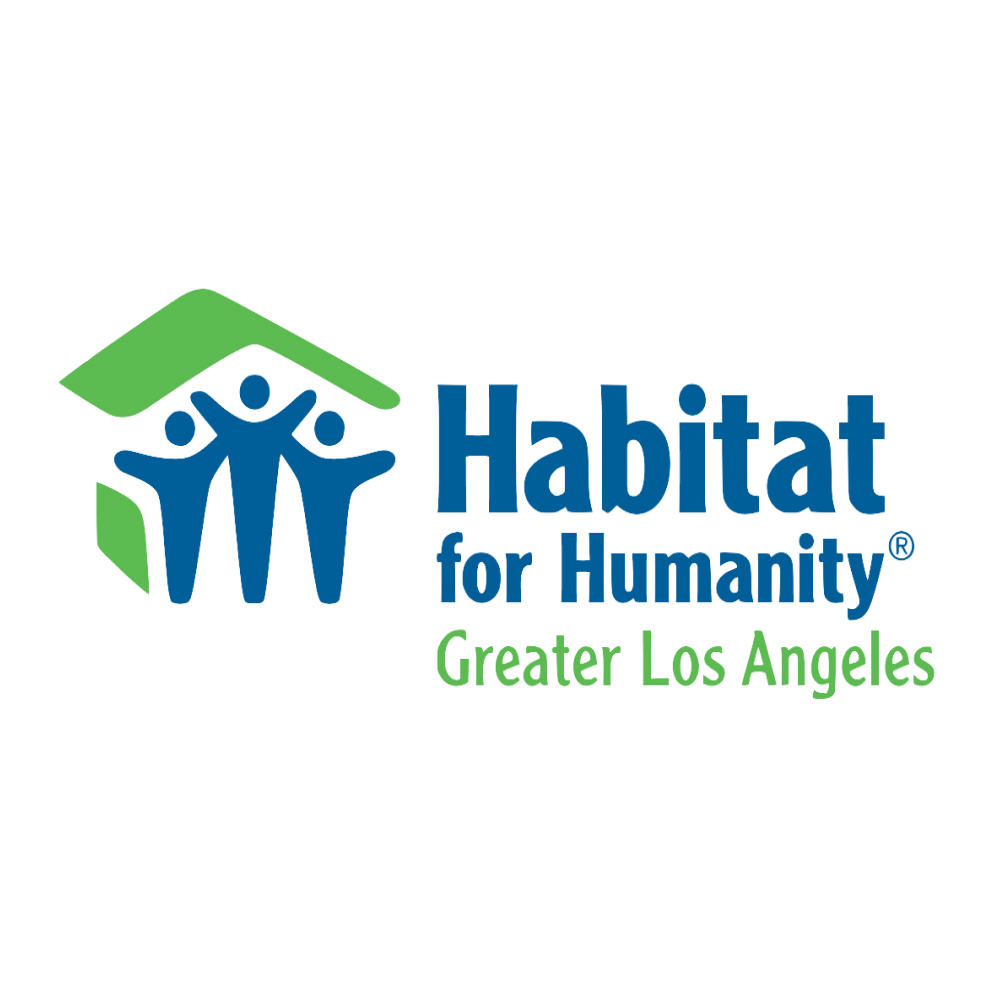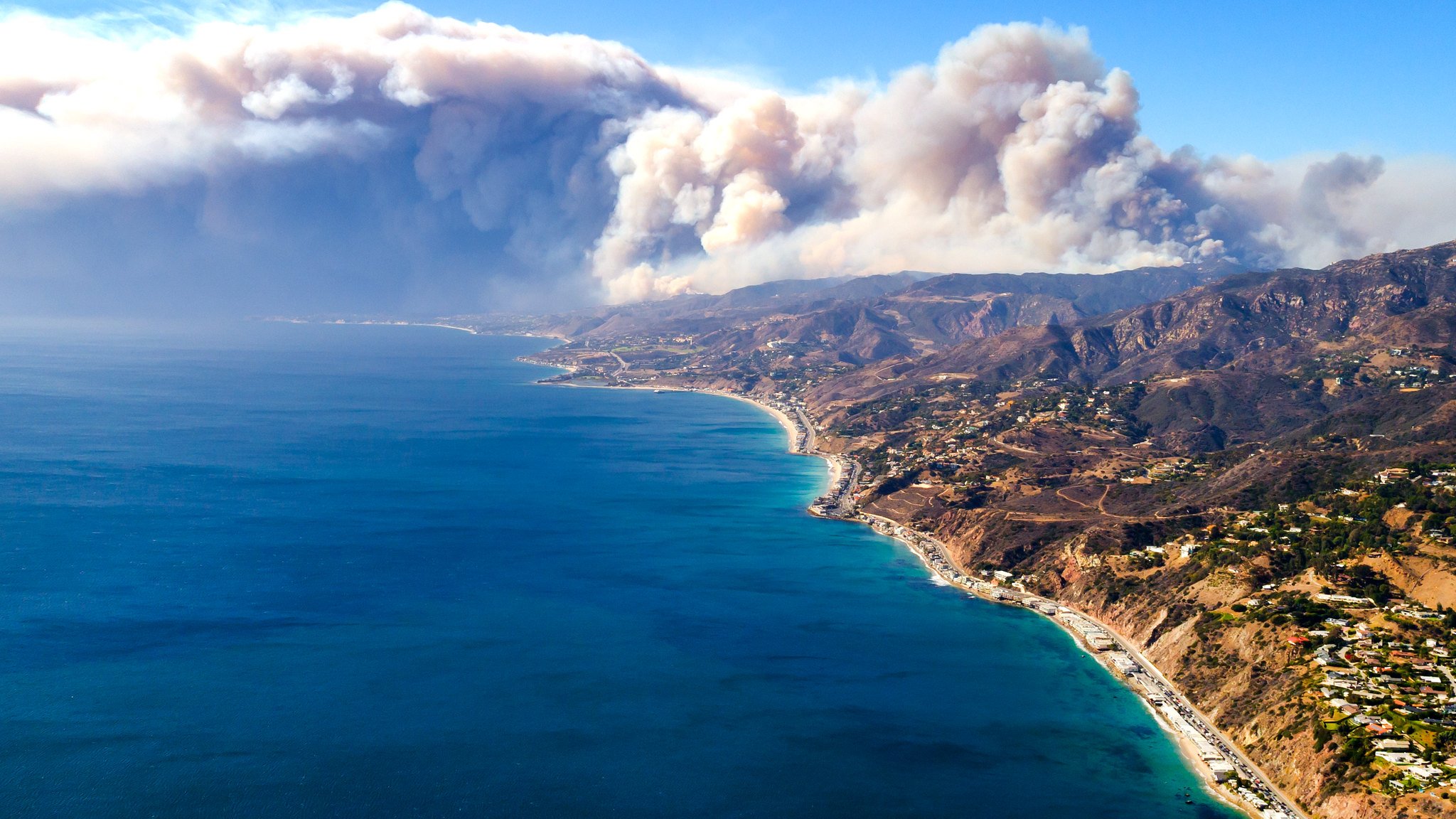

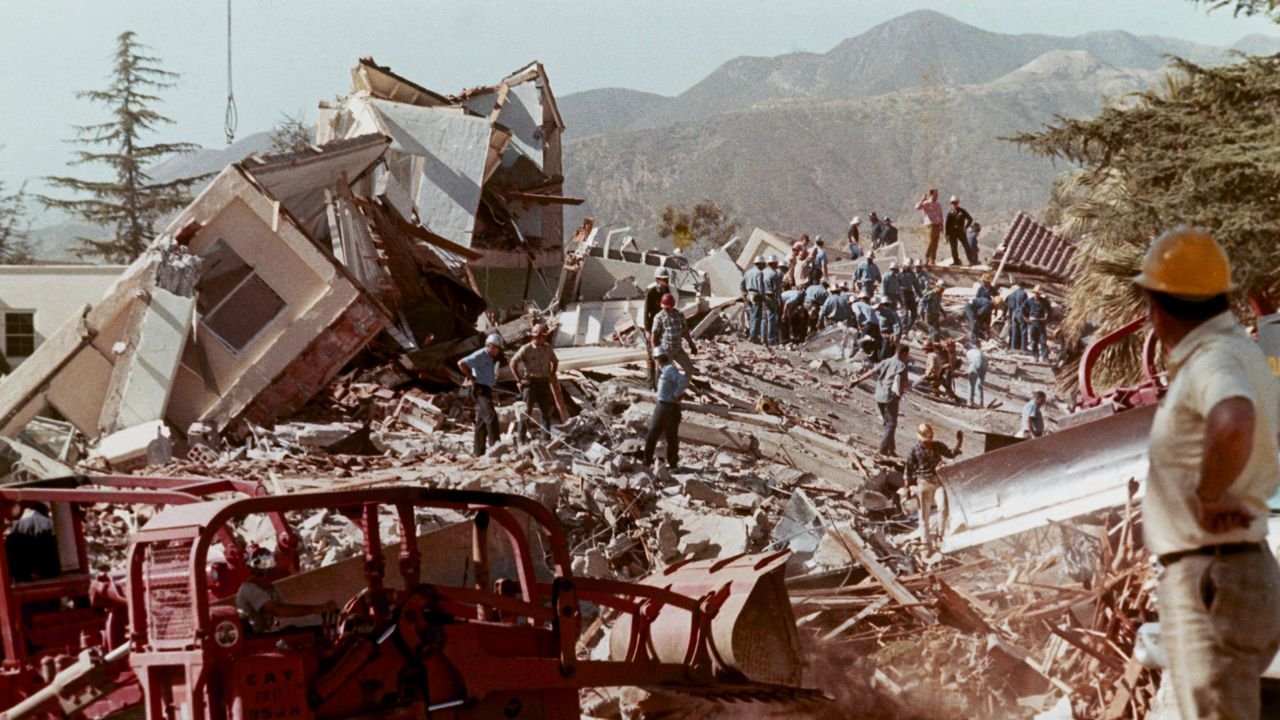
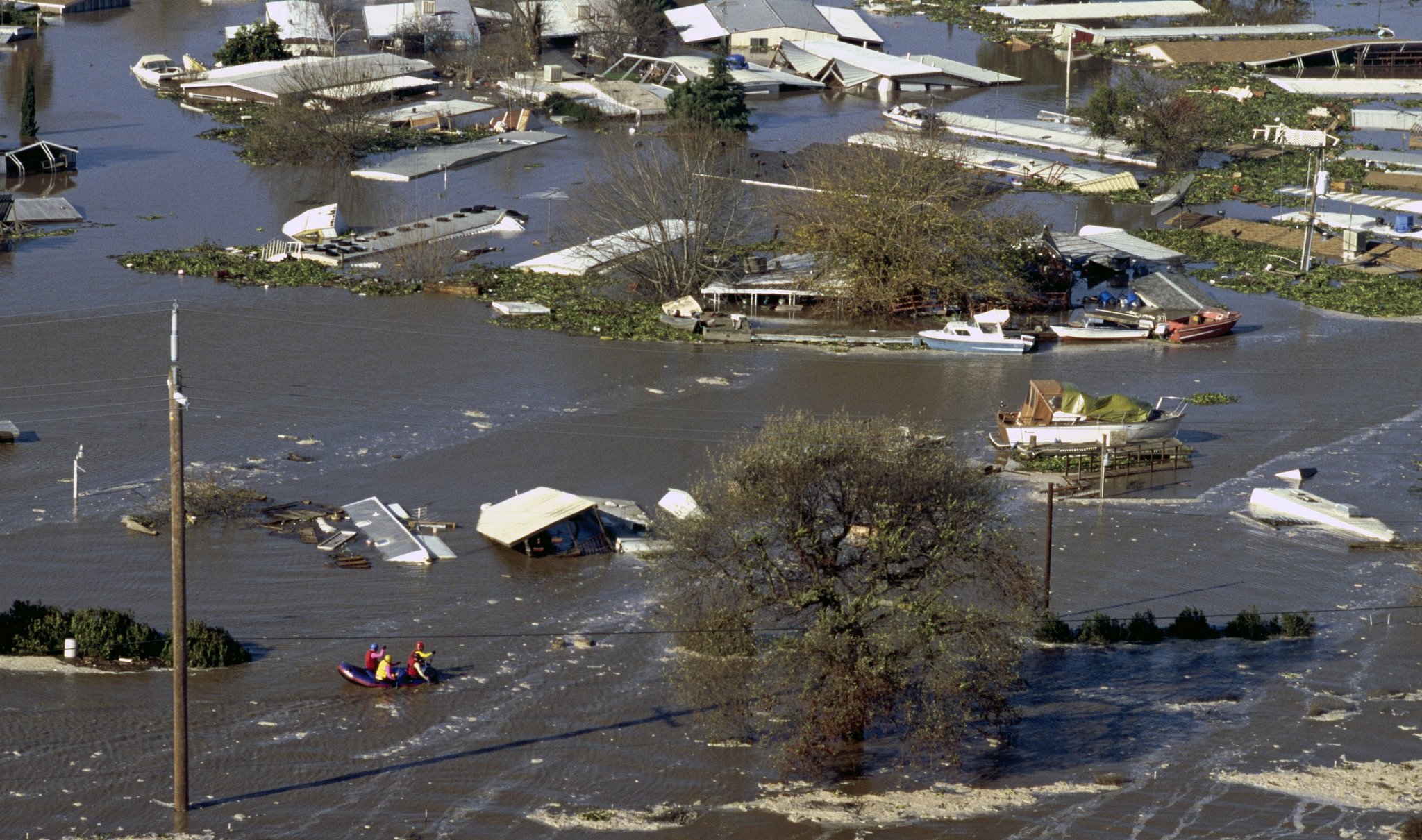
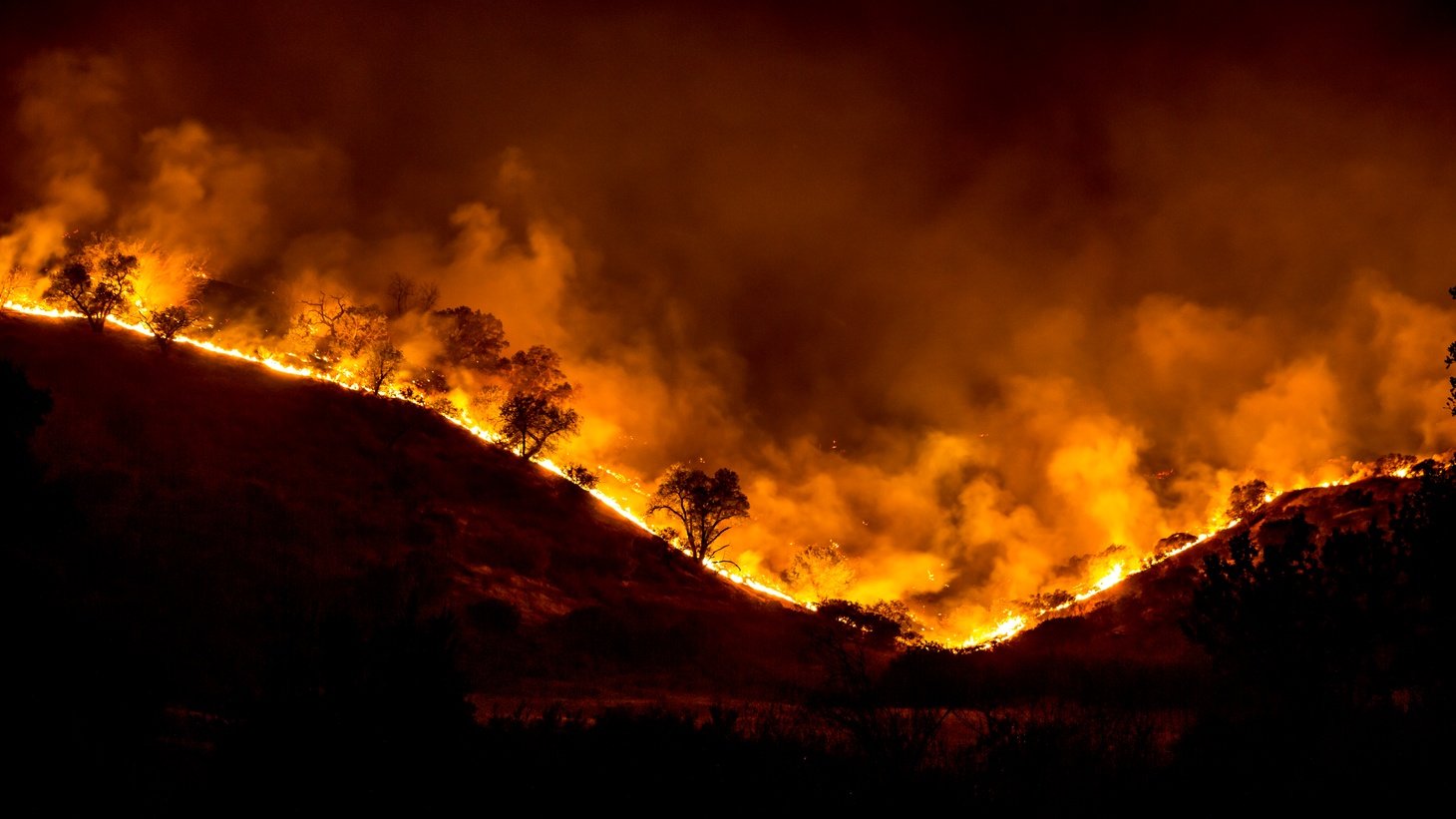
Partners
Pilot Communities
Malibu West, Point Dume, Big Rock, Hidden Hills, Corral Canyon, Topanga Canyon, and county line communities
Scope
All hazards
Life safety
Community preparedness and resiliency
Credibility and trust
Operational readiness
Why?
We believe that if there is shared risk, there must also be shared responsibility.
Without greater community engagement and acceptance of risk and responsibility, government agencies will confront impossible battles and high expectations during extreme events.
Consider these current realities:
- Disasters are invevitable.
Disasters outpace our current resources and community resilience.
These emergencies present a multifactorial problem requiring an integrated approach
- Expectations are unrealistic.
During major disaster events, expectations often tend to be unrealistic.
Shared ownership in the outcome of disasters encourages communities to take responsibility over their own risk exposure.
- Rebuilds are challenging.
Enormous cost, time and effort are required to rebuild after a disaster.
When rebuilding, communities grapple with the realities of limited insurance coverage, regulations, and logistics.
- Resiliency has decreased.
Modern society has become increasingly disconnected from accepting ownership over their own risk exposure.
This trend places too large of a burden on the response capabilities of government agencies.
Empowering communities and individuals with information and tools encourages accountability and inspires lasting cultural change.
How?
We support communities in both their preparation and response to disasters.
Preparation
Experts calculate that pre-event mitigation provides an 8-to-1 cost benefit ratio. Therefore, we believe that long-term pre-event mitigation is the most efficient method for disaster preparedness.
Our approach includes:
Organizing community awareness meetings and establishing collaboration
Identifying neighborhood strengths and vulnerabilities
Considering Firesafe Community designation objectives
Participating in the Ready, Set, Go! initiative
Home Ignition Zone Assessments
Home Ignition Zone Assessments
A key part of our approach to disaster preparedness and mitigation will be conducting Home Ignition Zone Assessments. With support from a grant from CALFire, we have created a custom-built assessment tool to assess homes and properties and identify risks in the event of a disaster.
This service will be offered for free for homes and businesses.
Assessments will consider all parts of a home or property, from “Roof to Ground to Perimeter” including structure and vegetation.
Assessments will integrate “best practices” from a combination of authorities and sources:
CALFire, LA County Fire Department, National Fire Protection Association, and the Insurance Institute for Business & Home Safety
State and local laws and regulations
Accredited research, subject matter experts, and mitigation specialists
We offer an official acknowledgement of successfully assessed homes and properties and will track the outcomes in the event of a disaster.
Response
We acknowledge the reality that empowering all at-risk homes to become resilient is no easy task and that this cultural change will take time. Therefore, the Community Brigade program will also focus on disaster response.
Homeowners have learned best practice techniques of how to defend homes during wildfires and have passed down this wisdom to younger generations. We believe that this ‘homegrown wisdom’ of communities continues to be a vital tradition to promote and support.
Additionally, as the battle mounts to respond to a growing number of disasters, relying on community leaders during disasters will help alleviate the strain on first responders and allow communities to take responsibility for the results of their own response.
We focus on the following aims to support communities in their disaster response:
- Communication
We aim to serve as a trusted communication link during disaster events to maintain and disseminate timely, accurate and actionable information to those who need it.
- Situational Awareness
We aim to develop a detailed understanding of the communities that we serve: topography and geography, community demographics, actual resources available and realities on the ground. We aim to be a trusted source and recipient of this critical information.
- Empowering Community Leaders
We have observed that well-adapted community leaders will step up to serve in any disaster. We aim to empower these leaders and and enable them to become force multipliers in their community, inspiring more community members to step up and take responsibility to protect their community.
- Transforming Community Culture
As we work with communities on action-oriented disaster preparedness and mitigation, we aim to also help build trust, involvement, and collaboration within these communities so that they can come together for a more effective response in the event of a disaster.
Connect with us
We are excited to be launching Community Brigade soon. Connect with us on Facebook and Twitter to stay updated.
To receive updates and more information via email, please subscribe to our mailing list.
Support us
Your contribution supports our efforts to establish Community Brigades in pilot communities around Los Angeles.
99% OF YOUR DONATION WILL GO DIRECTLY TOWARDS DISASTER RESILIENCE PROGRAMMING. NO ONE TAKES SALARIES IN OUR ORGANIZATION.
LAEPF is a registered 501(c)(3) nonprofit organization. All donations are tax-deductible to the fullest extent of the law. Our IRS tax identification number is 26-3378460.







